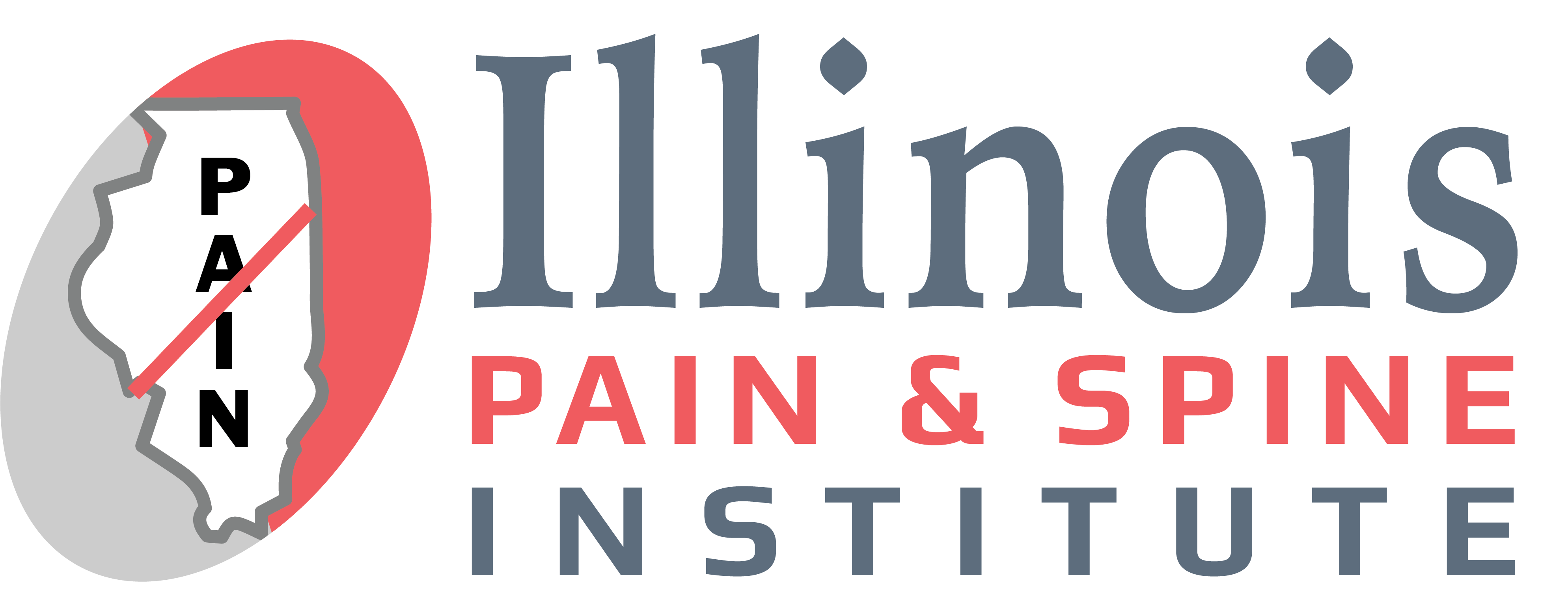07 Mar Does Cold Weather Cause Pain?
Do you ever notice that in the wintertime, your aches and pains get worse or that you have them more often? It may have to do with the cold temperature outside. Not only does the colder air cause symptoms or flare-ups of many conditions, but changes in barometric pressure or humidity can also make ailments worse. But just how much does cold weather cause pain?
This winter season has caused one of the coldest winters on record for much of the United States. With the constant snow storms and harsh weather, many people are experiencing more pain in the neck, joints, and back. The winter actually does make your pain worse and can be quite painful for those with severe conditions. In some cases, people have been able to predict the approaching cold weather by how much pain they are in. This is actually a symptom of cold allodynia. People with complex regional pain syndrome, arthritis, and low back pain, just to name a few, have expressed experiencing more pain during the winter months.
Some studies have found a strong relationship between short, cold, damp days and arthritis flare-ups. Some research suggests changes in barometric pressure worsen knee pain in people with arthritis, while colder temps can cause painful changes in joint fluid thickness. Cold weather can actually shrink the tissues causing them to pull on the nerve endings, thus causing joint pain. When it is cold, your nerve endings are extremely sensitive and the muscles surrounding your nerves tense up. When the barometric pressure drops, there is less atmospheric pressure to hold the tissues back and it causes more inflamed tissue to swell and thus, cold weather causes pain.
Here are some tips to minimize the effects of cold weather and pain:
- Keep bundled up so that your muscles and nerves stay warm. This can help the muscles not contract as much around your nerve endings, thus minimizing the pain you feel.
- Make sure you stretch in the morning and evening. This can help keep you stay limber and not tense up.
- Make sure you exercise regularly, preferably inside. It is important to stay active to avoid your joints from getting stagnant. When you don’t move your muscles or joints regularly they will stiffen and make it more painful when you do move them.
- Swimming in a heated pool can help alleviate back and joint pain.
Of course, if you have any questions about joint, neck, or back pain, call us at the Illinois Pain Institute today!

